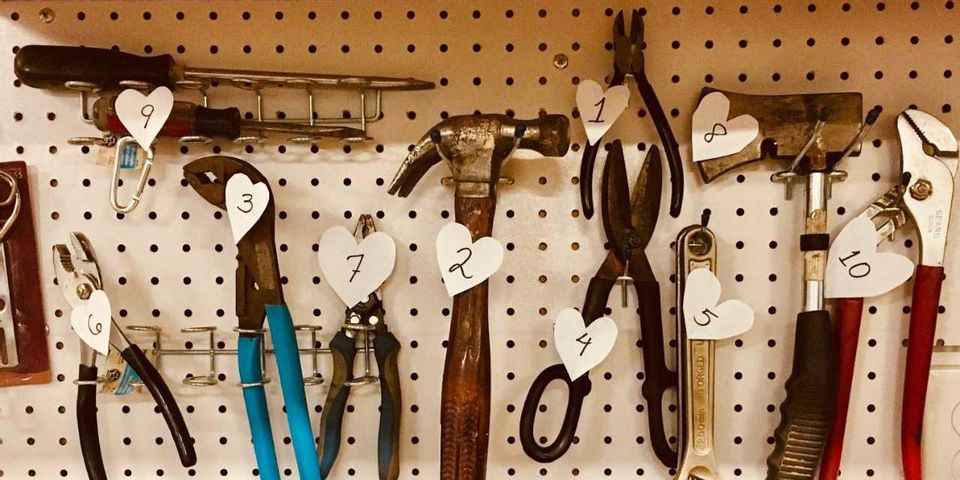
“What will happen to all my stuff after I’m gone?” If you’re thinking of making an estate plan, you’ve probably considered where you want your money and real estate property to go after you’ve passed, but what about the rest of your belongings? If you’re like me (and most people), you’ve probably accumulated a lot of “stuff” over your life. What happens to your jewelry, books, furniture, kitchen tools, etc.?
If the kids want it, they’ll take the items, but this can cause strife if two children want the same item. If your kids don’t want it, traditionally the executor conducts or hires a company to do an estate sale. Here, the contents of the house are put up for sale, and anything that does not get sold is thrown away.
If the thought of prized family items being wastefully fought over or thrown away distresses you, you should write a “personal property memorandum” as part of your estate plan. A personal property memorandum explains what items should go to whom (addressing the issue about a fight), and affords you an opportunity to explain why items are more valuable than their outward appearance.
For example, my wife’s grandmother kept a list of family heirlooms, complete with a description and history of each item and who she would like to inherit each item, if applicable. A lot of those things have now come to my wife, and that list has been extremely helpful in sorting through everything. If desired, you can give items to your friends and family yourself during your lifetime. However, you may have already thought of a problem: Your children may not share your taste in furniture. Or maybe they’d love to inherit your dining room set, but there’s no room in their living space. I speak from experience on this last point having at one point lived in an apartment with 538 sq. ft.
Whatever the reason, more and more seniors are finding themselves with no one to take their belongings. As this article from the New York Times from a few years ago suggests, it’s a growing concern as the Baby Boomer generation ages and people begin to move to smaller homes or assisted-living facilities. As discussed in the article, some people choose to sell or donate the belongings that no one in the family wants. Storage can be another option, but that really only prolongs the decision. Regardless of what you decide, try not to take it personally if your grown children don’t want to inherit everything you offer. I know that is easier said than done, but keep in mind that they’ve likely already filled their homes with their own things, and what they really want from you is likely photos and memories.
If you need help figuring out what to do with all of your stuff, get in touch today.
See you on the trail.
Post by Peter Harrison
About the Business
Have a question? Ask the experts!
Send your question

